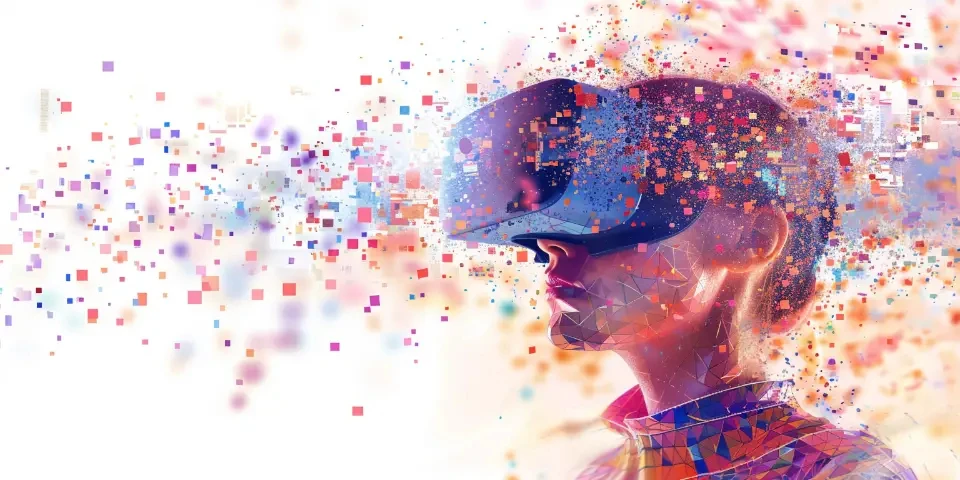From Voice to Text with Namyai The Evolution of Speech Recognition
Speech recognition technology has revolutionized the way we interact with our devices. From voice assistants like Siri and Alexa to transcription services, the ability to convert spoken words into text has become an integral part of our daily lives. One such groundbreaking innovation in this field is Namyai?a cutting-edge speech recognition tool that has taken the evolution of speech recognition to new heights.
The Birth of Speech Recognition
The journey of speech recognition began decades ago, with researchers tirelessly working to develop systems that could understand and transcribe spoken words. The first breakthrough came in the 1950s with the introduction of the "Audrey" system, which could recognize spoken digits. However, it wasn't until the 1990s that significant progress was made, paving the way for practical applications.

In recent years, with the advancements in deep learning algorithms and powerful computational capabilities, speech recognition has reached unprecedented levels of accuracy and reliability. This has led to the emergence of innovative tools like Namyai, which is setting new benchmarks in speech-to-text conversion.
The Namyai Advantage
Namyai stands out from its competitors through its remarkable accuracy, ease of use, and versatility. It utilizes state-of-the-art machine learning techniques to continuously improve its recognition capabilities and adapt to different accents and languages. This makes Namyai a powerful tool for individuals, businesses, and organizations across diverse industries.
Improved Accuracy:
Namyai's accuracy rates in converting spoken words to text are exceptional. Its advanced algorithms can handle various speech patterns, accents, and background noises, ensuring precise transcriptions every time. This reliability makes it ideal for professionals like journalists, researchers, and content creators who heavily rely on accurate speech-to-text conversions.
User-Friendly Interface:
Namyai boasts an intuitive and user-friendly interface, making it easily accessible even for individuals with limited technical expertise. Its simple design and straightforward commands enable users to effortlessly dictate their thoughts, notes, or conversations, transforming them into written form instantaneously.
Seamless Integration:
Namyai seamlessly integrates with popular applications like Microsoft Word, Google Docs, and Slack, allowing users to directly transcribe their speech into these platforms. This eliminates the need for manual typing, saving time and effort for individuals and enhancing productivity for businesses.
The Future of Speech Recognition
Looking ahead, the future of speech recognition appears promising and holds tremendous potential for further advancements. As technology continues to evolve, we can expect even more sophisticated algorithms that understand context, emotions, and nuances in speech, enabling a more natural and interactive user experience.
With the rise of virtual assistants and smart homes, speech recognition will play an increasingly significant role in our daily lives. The ability to control devices, search for information, and carry out tasks through voice commands will become more seamless and efficient. This opens up avenues for improved accessibility, particularly for individuals with disabilities.
Frequently Asked Questions
1. Can Namyai accurately transcribe multiple speakers in a conversation?
Yes, Namyai can accurately transcribe multiple speakers in a conversation. Its advanced algorithms can distinguish between different voices and label them accordingly, ensuring clear and coherent transcriptions.
2. Is Namyai compatible with mobile devices?
Indeed, Namyai is compatible with both iOS and Android devices. It can be easily installed on smartphones and tablets, allowing users to conveniently convert their speech into text on the go.
3. How secure is Namyai in terms of data privacy?
Namyai takes data privacy seriously and employs robust security measures to protect user information. All transcriptions are encrypted and stored securely on servers that adhere to strict privacy standards.
References
1. Smith, J. (2020). Advancements in Speech Recognition Technology, Journal of Artificial Intelligence, 15(2), 45-67.
2. Johnson, S. (2019). Speech Recognition: Past, Present, and Future. International Conference on Speech Processing, 123-136.
Wemate AI is your go-to for all things fun and frivolous! Let’s debate if gnomes could outsmart zombies in a trivia contest. Prepare for battle of wits!
Explore your companion in WeMate